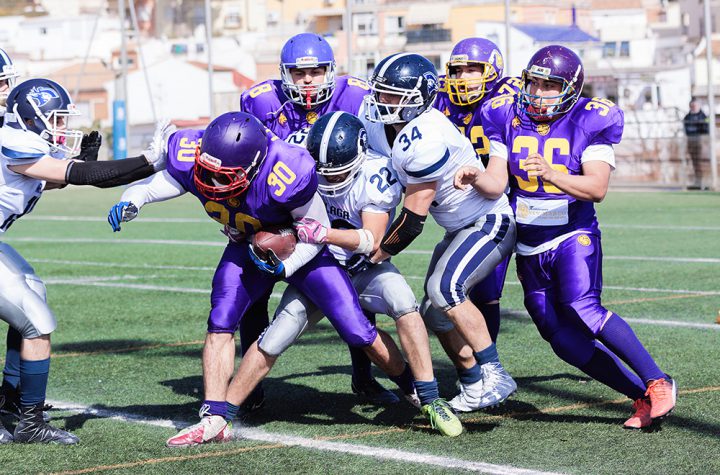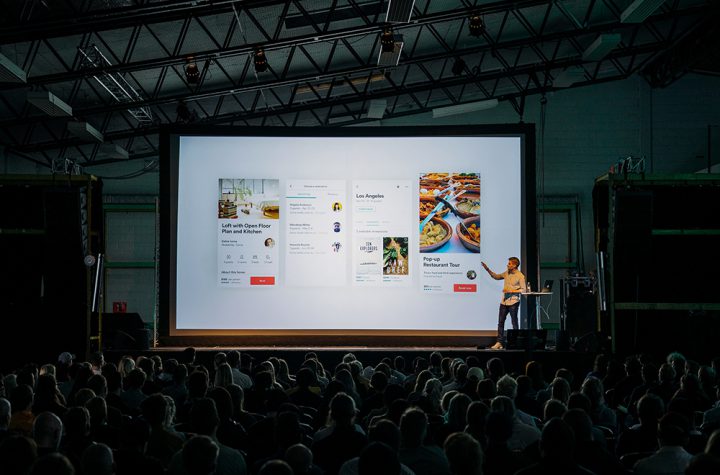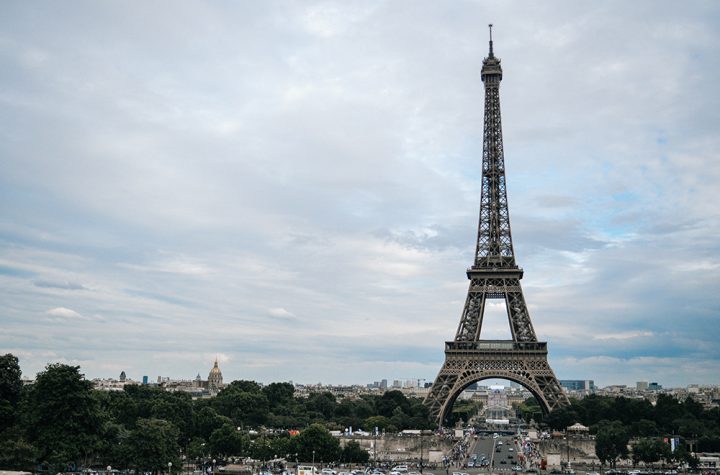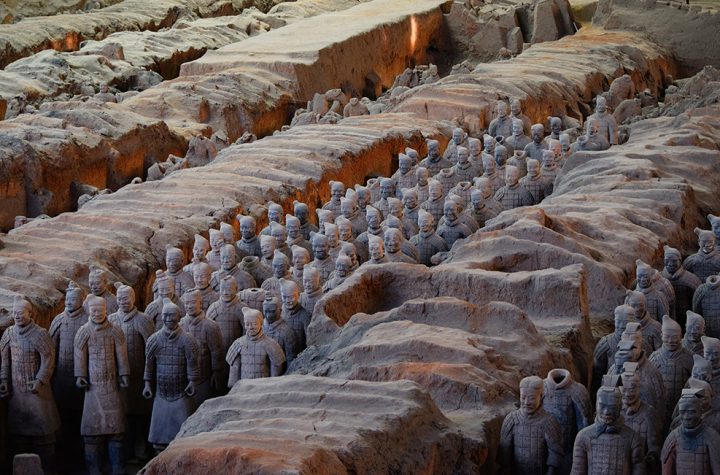
This was always meant to be a momentous week for Japan’s Prime Minister Shinzo Abe.
On Monday, he became Japan’s longest serving leader. But instead of celebrating 2,799 days in office, he was in a Tokyo hospital having tests.
“I will return to work and ‘ganbaru,'” he vowed to reporters as he left the hospital.
Ganbaru is a Japanese term which means to ‘work with perseverance’ or to ‘tough it out’.
But by the week’s end, he had resigned again forced out of the job by a chronic bowel condition which has plagued him since he was a teenager.
This isn’t the first time Mr Abe has left the job of Prime Minister. He had to resign over the same issue in 2007 after a painful flare-up of the disease called ulcerative colitis.
But this time, it looks to be more permanent. At 65 and with deteriorating health, it is unlikely he will return to the country’s most powerful political position.
“What is most important in politics is to deliver on the results,” Mr Abe said in announcing his decision.
He of all people would know, having helped drive Japan’s economic and international reputation during his almost eight years of leadership.
This has been a test of Abe’s leadership, particularly during the coronavirus pandemic.(Akio Kon/Pool Photo via AP)
“Since the inauguration of the administration in order to generate outcomes I pulled out all the stops for my job as Prime Minister,” Mr Abe said.
“[Now] I need to fight against the disease and be treated I am not really in a perfect state in terms of my health condition and still I have to make political decisions, important ones.
“I cannot make any mistake and I made a judgement I should not continue my job as Prime Minister.”
Leaders working long hours during COVID-19 pandemic
The resignation of any major leader is big news, but Abe’s decision to do so for his health is particularly notable during a global pandemic.
When asked whether he should have had a break or tried to keep less busy after working for more than 140 days straight, Mr Abe was coy.
In his announcement, Abe said Japan was “fighting against an invisible enemy, COVID-19”.(Reuters/Kyodo)
“Keeping on top of my health is one of the responsibilities for a Prime Minister,” he said.
“I wasn’t successful in managing my health, that’s a lesson I have learned.
“Japan is fighting against an invisible enemy, COVID-19 and we have to go all out in fulfilling my responsibility.”
No-one, it seems, is immune to stress and burnout during a pandemic especially the experts and world leaders expected to lead us out of this crisis.
America’s top health expert, Dr Anthony Fauci has admitted to being “chronically fatigued” by his work on the White House Coronavirus Task Force.
“I’m doing okay; I’m doing fine. I am running a bit on fumes, but as they say, the fumes are really thick,” Dr Fauci, 79, said in an interview with The Atlantic.
“It’s enough to keep me going.”
And Victoria’s Premier Dan Andrews was urged by some to take a break this month when he conducted his 50th consecutive daily coronavirus update.
“This has been going on for months, and probably will go on for a number of months so someone else is going to have a step up I think, so he can take a few days off,” his predecessor Jeff Kennett said on the Sunrise program.
Some public figures have publicly called for Victoria’s Premier to take a break amid the pandemic.(ABC News: Scott Jewell)
But the coronavirus has been just one of the extraordinary challenges during Mr Abe’s tenure, according to Japanese politics expert Stephen Nagy from the International Christian University in Tokyo.
“Arguably, the past eight years have been perhaps the most stressful period of leadership,” Dr Nagy said.
“We had North Korean missile tests, Chinese ships in the East China Sea, floods President Trump’s election and disruptive policies, etc.
“The relentless pressure would get to any leader, especially one that has pre-existing conditions.”
Nevertheless, Abe brought resilience and stability to a role that had largely been a revolving door for years.
Will Abe’s decision change Japan’s work culture?
Pandemic or no pandemic, hard work has always been a hallmark of Japanese culture, and Mr Abe was no exception.
“I haven’t had a full day off in about five months,” he admitted on an internet TV program on June 20.
Finally after more than 140 workdays in a row, the Prime Minister agreed to take a day off on June 24.
During his time as leader, Abe helped coin the term ‘Abenomics’.(AP: Eugene Hoshiko)
During his time in office, Mr Abe spoke out against karoshi or death by overwork.
One in five Japanese workers are at risk of death from overwork, according to a government study in 2016.
A 31-year-old woman who worked as a political reporter died from heart failure in 2013 after logging 159 hours of overtime in a month.
Mr Abe’s government passed a controversial work reform bill which put a cap on the number of hours an employee could work.
“It will rectify the culture of working long hours so that their careers will become more compatible with their child-rearing and nursing-care duties,” he said at the time.
But Mr Abe’s decision to resign to prioritise his health is unlikely to affect Japan’s ganbaru culture, according to Dr Nagy.
“Ganbaru-culture is deeply embedded in Japanese society [at] all levels and people who persevere are considered respectable people,” he said.
“In that sense, I think most will continue to value perseverance as a core value in the workplace, sports world, and even at home as housewives.”
Leadership put to the test in a difficult year in Japan
This year has not been a time where work-life balance was achievable for Mr Abe.
Pounding rain caused deadly floods in southern Japan in July, triggering mudslides and destroying houses and roads.(AP via Shoehei Miyano/Kyodo News)
First there was an international diplomatic crisis over an outbreak of the coronavirus on board the Diamond Princess in the port of Yokohama.
The pandemic has forced Tokyo to delay the Olympics until at least next year an event Abe was instrumental in winning and hoped would be his legacy.
More than 64,000 people in Japan have been infected with the virus.
While Japan has largely escaped the worst of the pandemic especially compared to other countries like the UK and US a series of missteps marred the early response and the government’s approval rating tanked.
The government distributed washable cloth face masks but these were unpopular because they arrived too late and were seen to be too small.
Abe was a key part of helping secure the 2020 Olympic bid for Japan, although it ended up being postponed.(AP Photo: Vincent Thian)
Japan’s economy has also suffered greatly, shrinking at an annual rate of 27.8 per cent between April and June the worst contraction on record.
The coronavirus-induced recession will be especially vexing to the man who coined the term “Abenomics” and the pandemic is sure to have dented his reputation as the man who helped pull Japan out of decades of economic stagnation.
Abe ‘most consequential’ Japanese PM on international front since WWII
Abenomics had mixed results in resuscitating the world’s third-largest economy. But Mr Abe’s legacy will go beyond his economic policies.
When he first took office in 2006, he became Japan’s youngest prime minister since World War II.
The grandson of former Japanese PM Nobusuke Kishi, he faced a huge amount of pressure in the role including political scandals and voter outrage at lost pension records before he quit citing ill health.
Five years later, he returned, leading his conservative Liberal Democratic Party (LDP) back to power.
“On the domestic front, he has a mixed record that will likely be seen as having accrued incremental economic gain in the large urban areas and with some structural reform, but not enough to change the long-term trajectory of Japan,” Dr Nagy said.
He kept his promises to boost spending on the military after years of declines and expanding its capacity to project power abroad.
And in a historic shift in 2014, his government reinterpreted the constitution to allow Japanese troops to fight abroad for the first time since World War II.
A year later, Japan adopted laws scrapping a ban on exercising the right to defend a friendly country under attack.
Donald Trump played golf with Shinzo Abe on Trump’s visit to Japan.(AP: Ren Onuma, Kyodo News)
His work on the international stage has also set him apart from previous leaders, according to Dr Nagy.
“Abe has been the most consequential Japanese PM in the post-World-War-II period on the international front,” he said.
Among his achievements include improving relations with China and South Korea and forging closer ties with the US under President Donald Trump, through frequent phone calls, meetings and the odd golf session.
Mr Abe has withstood a number of difficult periods in his time in power, but if this pandemic has reminded us of anything, it’s the importance of our health.
With infections on the way down in Japan, Abe decided now was the right time to step away giving his successor the chance to prepare ahead of the winter flu season just months away.





More Stories
“Nobody is the reason for my death. My family is having to bear a lot of expenses because of me. I am a burden to them, my education is a burden to them….” A day after she wrote this note, Aishwarya Reddy, a student at Lady Shri Ram College for Women in Delhi…
Tom Brady’s arrival had the Buccaneers dreaming of an NFC South title, but the Saints showed the QB and his team they’re a far from being a contender.
Barnaby Joyce claims he told Malcolm Turnbull ‘others’ were having affairs